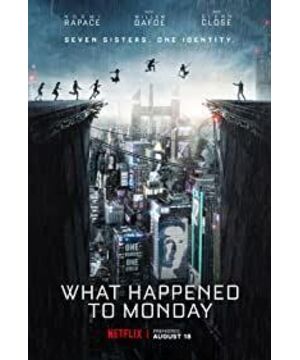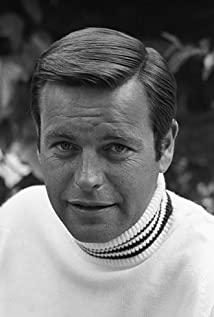When I write this, everyone will inevitably take a seat with the one-child policy, but I think the two are still different in terms of implementation. The film is too idealistic, inhuman, and even cruel.
Before commenting on the movie characters, I remembered part of a Harvard open class I once watched. Among them, the professor raised a question, and everyone may wish to think about it. It is probably like this:
Suppose you and a fat man are standing on the overpass to enjoy the scenery, and there are railway tracks below. Seeing the start of the brakes, even that will definitely derail and kill everyone in the train, if you push the stranger down you can effectively block and stop the train in time before it derails. Sacrifice one person to keep a carload of people, will you push?
1. Will it happen when there are 100 people on the train? 1 thousand people? Ten thousand people? Even the train is very long and can hold 100,000 people, will you push
2. When you know there is one of your relatives on the train? Siblings or the whole family? (Assumption of no malice)
3. When you know the person around you is a criminal? What if it was one of your siblings?
4. When the above 3 types of assumptions are satisfied individually or at the same time, what is your choice?
(It’s interesting to think about hypothetically, but it’s just hypothetical, let’s start talking about movies)
The movie mainly shows 4 kinds of relationships: family, sisters, mother and child, and human beings.
1. When the grandfather chose to continue raising the seven children instead of handing them over; when Monday chose to take the lead and voluntarily got his fingers chopped off; when he ran away on Friday and voluntarily returned to pass the words of the data; we know that they chose to be Family comes first. Because the latter two did no harm to others, when we judged, there was no objection.
2. When the doctor's men came down to silence, the sisters fought for each other regardless of their lives, and died on Sunday; when the account data was sent back at the risk of death on Wednesday, when they gave their lives on Thursday, when they decided to rescue the boss on Saturday, we know that. For a moment, they chose to be siblings. Here we are talking about next Thursday, knowing the good return and doing it and not knowing the position of the male protagonist, so I don’t know life or death, and at a critical moment, I will bite the bullet and lead him out for the sake of my compatriots. Although I get good results, the starting point and mental journey are different. the same.
3. When the mother of the septuplets died by giving birth to them, knowing that her life would be in danger; when she took a risk on Monday because she was pregnant. We know that at that time, they chose the mother-son relationship. Of course, this Monday also hurt others.
But from the beginning to the end of the director, it is all about mother and son. From the choice of letting Saturday save the lives of the two children, and the two remaining sisters finally understanding and forgiving the boss, I think the director personally prefers the love of mother and son. of.
4. From a macro perspective, the population has surged, and human beings have reached the brink of life and death. If the population continues to develop, all human beings and the earth will perish together. Dr. Kaman's team chose to ignore all other personal emotions, and the brutal strategy of rapidly depopulating
In general, this movie is still worth watching, and the director's thinking is not limited to the scene itself, it is worth thinking about.
PS: Take a look at the background image of Dr. Kaman's birth map. It should be the population distribution map. India and us are purple.
View more about What Happened to Monday reviews











